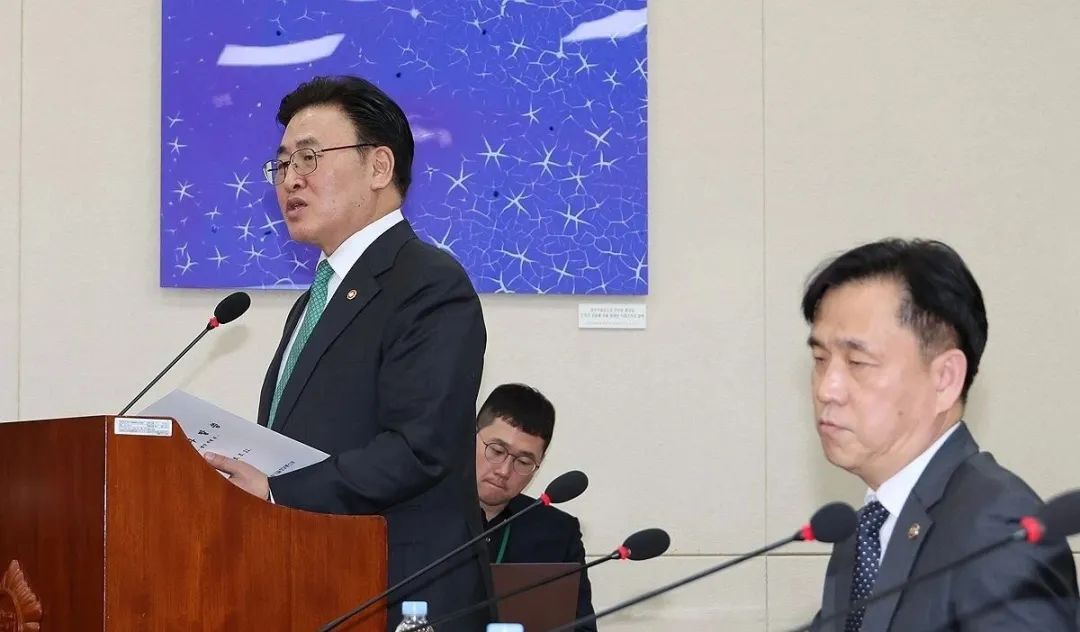The Synthetic Biology Promotion Act, which was born in South Korea on April 2, 2024, not only set a new record for science and technology legislation with an overwhelming approval rate of 93.75%, but also signaled that the global race for the bio-economy has entered a deep-water zone of institutional innovation. The law will come into effect in 2026 after a cabinet meeting and official promulgation process.
Key elements of the legislation include the development of a five-year strategic roadmap, the establishment and operation of specialized biofactories, government funding for national research and development projects, support for workforce development and the promotion of global cooperation.

Why a Promotion Law? Technological breakthroughs, industrialization and economic returns are the basis of the decision!
In the pharmaceutical sector, Samsung Biologics posted record revenue of 4.5 trillion won (about 22.37 billion yuan) and operating profit of 1.3 trillion won (6.4 billion yuan) last year. The biotech industry expects Samsung Biologics to continue its growth trajectory. celltrion's revenue also exceeded 3.5 trillion won last year, up 63.45 percent from the previous year. Lotte Group also decided to invest 4.6 trillion won in Lotte Biologics.
From food to industry: CJ Dai-ichi Sugar has built the first food bio-plant in the food industry and operates 11 bio-plants (amino acids) in 7 countries, as well as manufacturing bio-based nylon precursor, pentamethylene diamine, from the lysine it produces, and landed a 5,000-tonne PHA plant in 2022.
Industrial Conversion Accelerator: Xiaoxing Tianxi previously announced plans to invest 1 trillion won in a bioprocess facility in Vietnam, which will have an annual capacity of 200,000 tons of biobased BDO, as well as the world's first vertically-integrated biospandex production system from raw material to fiber.
Carbon Economy Proving Ground: LG Chem's OneCarbonBio platform enables CO₂-to-specialty material conversion at 47% lower unit cost than conventional processes.
Medical technology cross-border: KAIST breaks through the microbial synthesis technology of L-ergothioneine, with a conversion efficiency of 18.3g/L, a 26-fold improvement over chemical synthesis.
In response, the president of the Korean Bioprocessing Society said: With the automation of experiments and the introduction of artificial intelligence to interpret data, it has been proven that synthetic biology can be applied to actual industries. Attempts to implement bioprocesses in the past (at the turn of the century) were often hampered by multiple failures, but recently, as companies have begun to achieve results, interest in research and development has increased.

